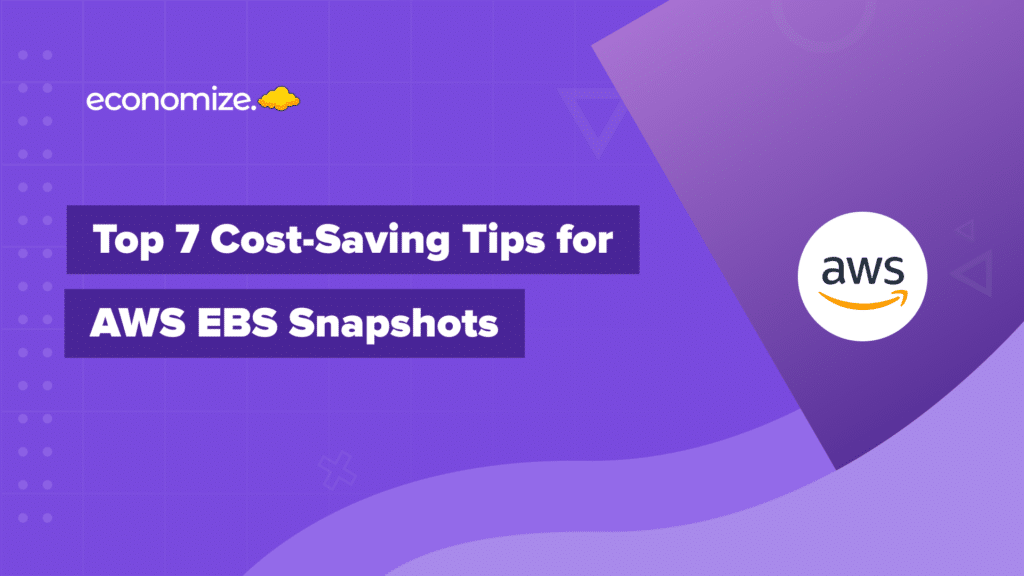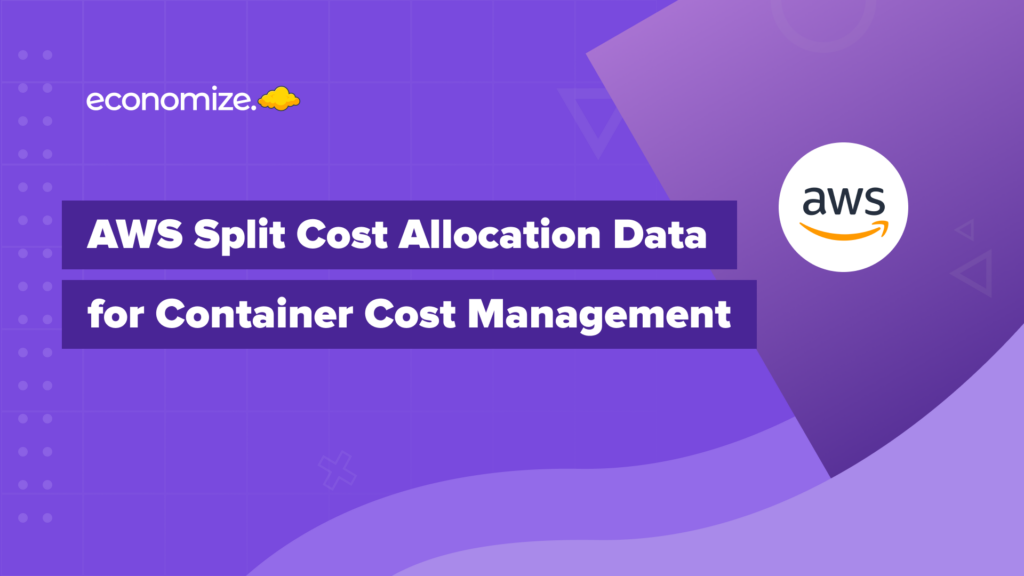For over 25 years, Amazon has been investing heavily in AI and Machine Learning (ML) development, incorporating these transformative technologies into every aspect of their business. Today, AWS ML models deliver tangible value to hundreds of millions of Amazon customers worldwide, streamlining supply chains, personalizing digital experiences, and making goods and services more accessible and affordable.
With Amazon Bedrock, AWS aims to empower businesses to easily build and scale generative AI applications, offering flexibility and choice in selecting the best models for their specific needs.
In this article, we will delve into the inner workings of AWS Bedrock, explore its potential use cases across various industries, and discuss how this revolutionary platform can change the way B2B businesses operate. We will also share live examples and testimonials from companies that have successfully harnessed the power of AWS Bedrock to fuel their growth and innovation.
What is AWS Bedrock?
AWS Bedrock is a cutting-edge AI platform developed by Amazon Web Services, specifically designed to enable businesses to build and scale generative AI applications. Generative AI applications are capable of producing text, images, audio, and synthetic data in response to prompts, making them highly versatile and valuable across numerous industries and use cases.
At the core of AWS Bedrock lies a suite of machine learning foundation models, which are ultra-large ML models that power generative AI applications. Amazon Bedrock offers its users access to a diverse range of these foundation models from top AI startup model providers, such as AI21, Anthropic, and Stability AI. In addition to these, AWS customers also have exclusive access to the Titan family of foundation models developed by AWS themselves.
Amazon’s Foresight
Amazon’s vision for AWS Bedrock is to democratize access to generative AI technology, catering to customers across various industries and making it easy for businesses to leverage the power of AI in their operations. By offering a wide selection of foundation models, the most recent one being Amazon Q, Bedrock ensures that customers have the flexibility and choice to use the best models tailored to their specific needs.
How AWS Bedrock Works
AWS Bedrock is a mixture of integrations, components, and ML models. Here is what defines AWS Bedrock:

Source: Ordinary Experts publishes WordPress Bedrock AWS Marketplace Product
AWS Bedrock’s Architecture and Components
AWS Bedrock is a fully managed service that provides access to a diverse range of foundation models (FMs) from leading AI startups and Amazon, all available through an API. This allows users to choose the most suitable model for their specific needs. The serverless architecture of AWS Bedrock simplifies the process of getting started, customizing FMs with private data, and integrating them into applications.
The AWS Bedrock Foundations Models List allows users to pick from over 6 leading AI providers offering their FMs for building generative AI applications.
Integration with Other AWS Services
AWS Bedrock seamlessly integrates with other AWS tools and capabilities, making it convenient for businesses to incorporate FMs into their existing workflows. One such integration is with Amazon SageMaker, a popular machine learning service. Amazon SageMaker offers various ML features like Experiments and Pipelines, which facilitate the testing and efficient management of FMs at scale. Users can leverage these integrations to optimize their AI models and improve overall performance.
Scalability and Performance Optimization
The serverless nature of AWS Bedrock enables it to automatically scale according to the user’s requirements, eliminating the need to manage infrastructure manually. This ensures optimal performance, even as the demand for AI applications increases. Furthermore, the easy integration with other AWS services, such as Amazon SageMaker, allows users to experiment with different models and manage FMs at scale, ultimately optimizing their AI solutions for better outcomes.
AWS Bedrock Use Cases
AWS Bedrock offers a multitude of applications to help businesses across various industries. The platform’s primary use cases are:
Enhancing Customer Experiences with Personalized Content
- AWS Bedrock empowers businesses to generate personalized content for their customers, improving user engagement and satisfaction.
- Utilizing foundation models, businesses can craft tailored content such as articles, blog posts, social media updates, and ad copy.
- Personalized product recommendations can also be generated, helping customers find relevant items more efficiently.
Streamlining Business Processes with Intelligent Automation
- AWS Bedrock simplifies the creation of chatbots and virtual assistants, enhancing customer interactions and streamlining business processes.
- These conversational interfaces can be designed to answer questions, provide support, and automate tasks, ultimately improving overall efficiency.
- Additionally, Bedrock can be used to search, find, and synthesize information, making it easier for businesses to access and analyze large volumes of data.
Accelerating Product Development with Generative Design
- Generative design is another powerful use case for AWS Bedrock. By using foundation models to generate realistic images, artwork, logos, and other visual assets, businesses can accelerate their product development process.
- Companies can provide Bedrock with a few labeled examples of past successful designs or campaigns, and Bedrock will then create a customized model tailored to their specific needs.
- This allows businesses to produce unique, high-quality visual assets quickly and easily.
How AWS Bedrock Can Change the Way B2B Businesses Operate
AWS Bedrock, powered by generative AI, has the potential to revolutionize the way B2B businesses operate. By leveraging foundation models and the ease of customization, companies can harness the power of artificial intelligence to streamline their operations, improve efficiency, and enhance customer experiences.

Source: Amazon
1. Personalized Marketing and Sales
B2B businesses can harness AWS Bedrock to create customized marketing materials based on their target audience’s preferences. By providing a few labeled examples, Bedrock can generate targeted ad copy, campaign materials, and social media content. This personalized approach can lead to higher conversion rates and increased customer satisfaction.
2. Improved Customer Support and Engagement
AWS Bedrock can be used to develop chatbots and virtual assistants that provide personalized, contextually relevant support for customers. These AI-powered tools can help businesses streamline their customer support processes, reduce response times, and improve overall customer satisfaction.
3. Enhanced Data Analysis and Decision Making
By utilizing generative AI, B2B businesses can analyze and synthesize large volumes of data more effectively. AWS Bedrock’s text summarization, classification, and information extraction capabilities enable companies to gain insights from their data faster and more accurately, supporting informed decision-making.
4. Optimized Product Recommendations
With AWS Bedrock’s embeddings LLM, B2B businesses can offer more relevant and contextual product recommendations to their customers, going beyond simple keyword matching. This can lead to increased sales and a better overall customer experience.
5. Democratized Access to AI Technologies
AWS Bedrock makes foundation models accessible to businesses of all sizes, helping them accelerate the adoption of machine learning and generative AI applications. This democratization of AI technologies due to cost, energy, and performance efficient chips like AWS Graviton 4 or Trainium 2 can level the playing field for smaller businesses, allowing them to compete more effectively with larger enterprises.
Additionally, integrating artificial intelligence brings numerous benefits, including enhanced automation, data-driven insights, and improved decision-making capabilities. Businesses can streamline processes, optimize operations, and unlock new growth opportunities by leveraging AI.
Testimonials and Use Cases
Several companies have already witnessed the transformative impact of AWS Bedrock on their operations:
- Coda leverages Bedrock to bring quality, scalability, and performance to their AI applications. With their data already on AWS, Coda has quickly incorporated generative AI using Bedrock, ensuring security and privacy to protect their data. This has been crucial for large teams like Uber, the New York Times, and Square.
- AI21 Labs’ Jurassic-2 models are available through Amazon Bedrock, enabling developers to easily access generative text capabilities without worrying about managing the infrastructure.
- Anthropic’s AI assistant Claude is available to AWS customers through Amazon Bedrock, providing secure and high-performance infrastructure to build generative AI models that help solve real-world business problems.
- Stability AI’s Stable Diffusion image generation foundation model is available to AWS customers through Amazon Bedrock, unlocking significant value and bringing powerful capabilities to a wider audience.
Conclusion: Embracing the AI-Driven Future of Business
As we stand at the precipice of a new era in technology, the rapid advancements and enhancements in AI present immense opportunities for businesses to thrive and evolve. AWS Bedrock, with its powerful generative AI capabilities, has the potential to significantly impact the way companies operate, propelling them into a future where efficiency, streamlined workloads, and seamless collaboration are the norm.
By leveraging the potential of AI-driven solutions like AWS Bedrock and Open AI, businesses can revolutionize their marketing, sales, customer support, data analysis, and decision-making processes. This, in turn, leads to increased productivity, better resource utilization, and a heightened ability to innovate and stay competitive in the ever-changing business landscape.
Organizations today use a multitude of cloud, AI, and SaaS services to keep their business operations running smoothly. However, managing these resources can become overwhelming, and organizations may find themselves overpaying for services or accumulating expenditure from underutilized resources.
Economize offers an end-to-end FinOps solution that enables organizations to develop a cost optimization strategy to reduce their cloud, AI, and SaaS costs. With Economize, organizations can achieve their business objectives without breaking the bank on cloud and AI services.
Sign up for a free demo to start saving on your cloud services today.








